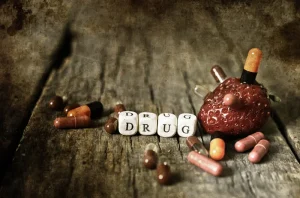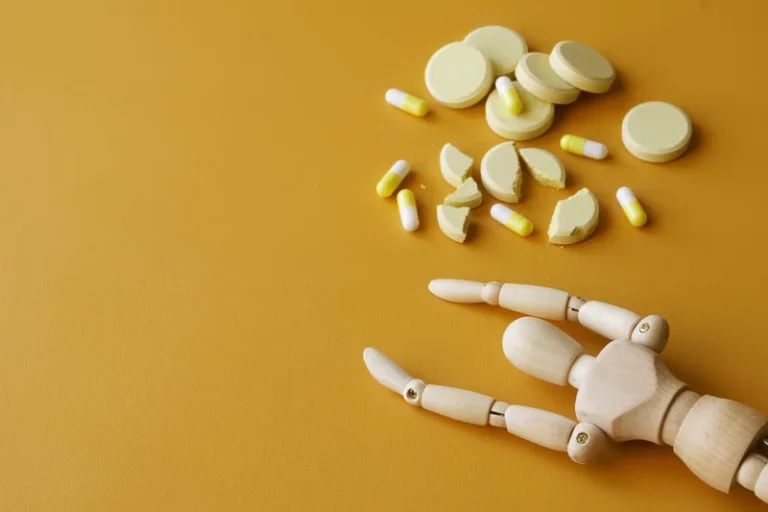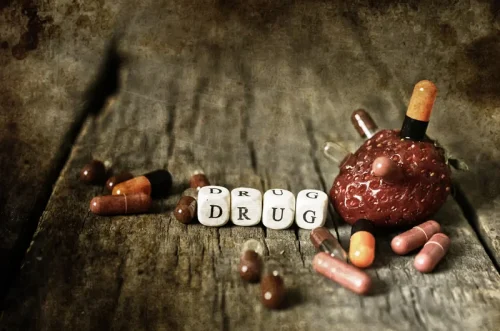
They can guide you to the next steps in your treatment and recommend an effective path for you. This may include inpatient care or outpatient services, like therapy. Recovery.com combines independent research with expert guidance on addiction and mental health treatment. Our mission is to help everyone find the best path to recovery through the most comprehensive, helpful network of treatment providers worldwide.
Marijuana Addiction
Think of it as a vacation, except instead of sipping margaritas on the beach, you’re kicking your addiction to the curb. These programs provide a structured environment away from triggers and temptations. Well, lucky for you, there are more options for marijuana addiction rehab than there are Bob Marley posters in a college dorm. Marijuana addiction, or cannabis use disorder as the fancy pants doctors call it, is characterized by a compulsive need to use weed despite negative consequences. It’s like that clingy ex who just won’t take a hint – except this one’s messing with your brain chemistry. Find rehab for yourself or a loved one by speaking with a treatment provider.
Addressing Mental Health Effects
- The amount of time spent in behavioral therapy varies from person to person but may last roughly 12 weeks.
- We’ll help you learn that the opposite of addiction is connection.
- Pot smokers who are classified as marijuana abusers frequently report that they have withdrawal symptoms that include sleeplessness, no appetite, anxiety, cravings to use, and irritability.
- Many people consider marijuana use to be relatively harmless, because they believe that it isn’t addictive, and because the drug can be beneficial when used for a medically prescribed purpose.
- People who begin using marijuana before age 18 are four to seven times more likely than adults to develop a marijuana use disorder.
- The sooner someone takes steps to stop their use, the easier and less disruptive returning to sobriety can be.
” Well, so is poison ivy, but you don’t see people rubbing that all over themselves for fun, do you? Select a state to find options for rehab centers in your area. In 2020, of Americans aged 12 and up, roughly 14.2 million people (5.1%) had a cannabis use disorder. If you’re looking for treatment, please browse the site to reach out to treatment centers directly. The valuable resources available on the website, including our Toolbox, will remain available after June 30th. Budney, A. J., Roffman, R., Stephens, R. S., & Walker, D.
Long-Term Consequences of Cannabis Use
These medications can help manage withdrawal symptoms and cravings, making the journey to sobriety a little less bumpy. Long-term chronic use of marijuana can lead to some pretty gnarly consequences. We’re talking decreased cognitive function, reduced motivation (hello, couch potato!), and even an increased risk of mental health issues.

Physical Signs
The Substance Abuse and Drug rehabilitation Mental Health Services Administration (SAMHSA) Helpline is a vital resource for individuals struggling with marijuana addiction. The helpline provides confidential and free information about treatment and recovery options. In 2020, the SAMHSA National Helpline received 833,598 calls, indicating a 27 percent increase from 2019. This surge highlights the increasing need for support and the effectiveness of the helpline in providing necessary assistance. Cannabis addiction poses several risks to both physical and mental health.
- Engaging with others who have faced similar struggles can offer encouragement and practical advice.
- These therapies help individuals recognize negative thought patterns, develop healthier coping mechanisms, and set achievable goals for their recovery journey.
- Join our global mission of connecting patients with addiction and mental health treatment.
- Many people benefit from a blend of evidence-based therapies, like the ones above, and holistic approaches like art therapy, yoga, and creative writing.
Long-term misuse of cannabis can lead to cognitive impairment, affecting various aspects of brain function. Research indicates that chronic cannabis use can negatively impact memory, attention, and learning abilities 6. These cognitive deficits may persist even after cessation of use, making it challenging for individuals to regain their previous levels of cognitive function.


Professional rehabilitation centers provide medical supervision, ensuring a safe detox process and reducing the risk of relapse how long does weed stay in your system during this vulnerable period. For individuals in Georgia seeking unique rehab options, understanding the importance of detox can be a motivating factor in seeking help. These impairments can significantly affect an individual’s daily life, including their academic and professional performance. For those seeking to understand how to stop weed addiction, addressing these cognitive issues is a crucial part of the recovery process. Don’t forget about support groups for family and friends too.
Drug Addiction Clinics: Comprehensive Treatment Options for Recovery
- Think of it as a vacation, except instead of sipping margaritas on the beach, you’re kicking your addiction to the curb.
- This support network can be made up of family and friends, fellow patients you meet in treatment, people you interact with at 12-step meetings, and even online support groups and forums.
- Cannabis dependence is much more common than dependence on other drugs due to the sheer number of people who use marijuana.
- Therapeutic interventions, such as cognitive-behavioral therapy (CBT) and motivational enhancement therapy (MET), play a significant role in the healing process.
- As we work to transition our SROL meetings to SMARTfinder, we need additional co-facilitators.
The helpline connects individuals with local treatment facilities, support groups, and community-based organizations. These resources can be crucial in the initial stages of recovery. Additionally, the SAMHSA website offers a comprehensive treatment locator, which can help individuals find a unique rehab center in Georgia tailored to their specific needs.

Motivational enhancement therapy (MET) is also worth a shot. It’s designed to help https://ecosoberhouse.com/ you find your own reasons for quitting. Because let’s face it, “Because my therapist said so” isn’t exactly the most motivating reason to give up the ganja. Start receiving support via phone, video, or live-chat. Our goal is to help you choose the best path for your recovery.